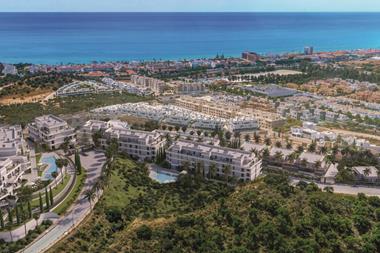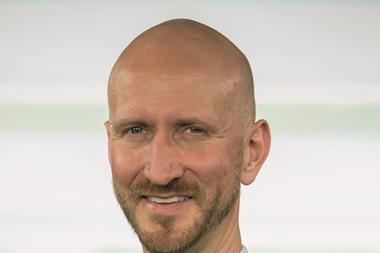EUROPE - Alignment is emerging as a central theme in competing bids to take over the management of Opera Uni-Invest - the first European CMBS to default - ahead of a noteholder vote next week.
The credit bid proposed by private equity firms TPG and Patron Capital would entail selling the defaulted senior loan to Utrecht Holdings, owned by the partners. Class A noteholders would receive an immediate paydown of 40% (€143.5m).
That figure excludes expenses, which TPG and Patron say will be "very small". But property management firm Valad, which has issued a counterproposal, is understood to believe it could reduce the immediate paydown by 1.5%.
Under the terms of the consensual bid, the maturity date on all classes would be extended for four years and Valad would take over the assets as a third-party manager to implement an accelerated disposal plan.
Each side has been keen to present the other as little more than a pacemaker in the process.
Analysts at Barclay's Capital have suggested the consensual bid would more closely align the interests of the borrower and noteholders. Valad, which would operate an incentive fee structure, has claimed its management costs would come in €5.6m less over four years than its competitor's.
Yet a recent TPG/Patron presentation to noteholders suggested the credit bid would create "true alignment" with motivation to pay down debt quickly and "no conflict of interest through ownership of competing assets".
Laurens Feleus, partner at Patron Capital Advisers, said today: "They aren't putting in equity but they are extracting fees." TPG/Patron's proposal would involve the injection of €160m new cash equity.
Equally fraught is the issue of asset disposal. Valad is understood to believe its rival has overstated the likely value of secondary - and in some cases tertiary - assets in an oversupplied market, given that two previous management attempts to shed the assets have already failed.
Its own accelerated disposal plan involves refurbishing and repositioning the assets. Supporters of the consensual bid have pointed to the likely expense involved in TPG/Patron's plan to keep the existing management in place but to bring in additional staff with refurbishment expertise. Valad would likely fire management it believes has underperformed, retaining only key staff.
"We spent three months poring over those assets," said Feleus. "I find it puzzling that the consensual bid is considered to be an alternative. The ‘alternative' is to do nothing and, not having done any homework, hope another asset manager will do a better job than the existing management."


















